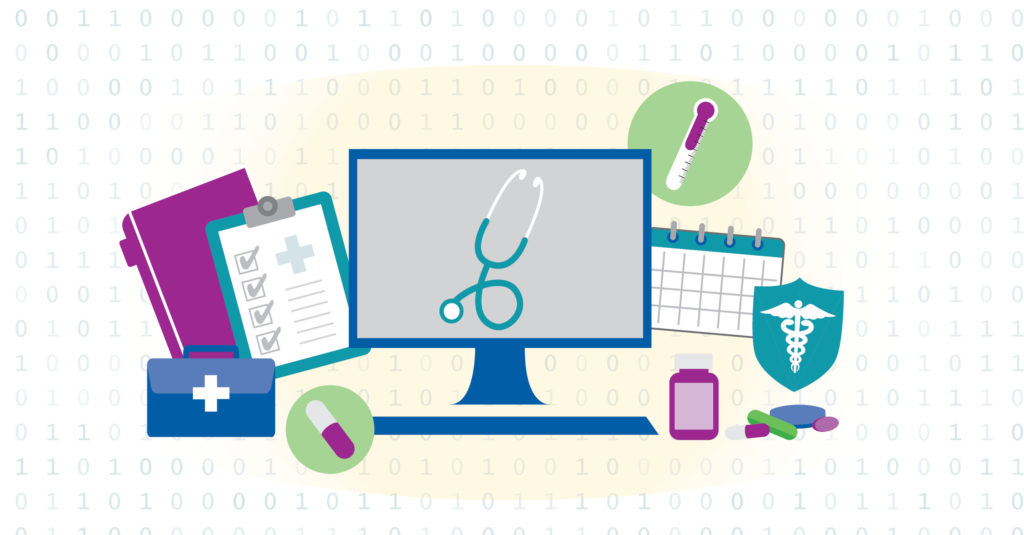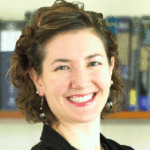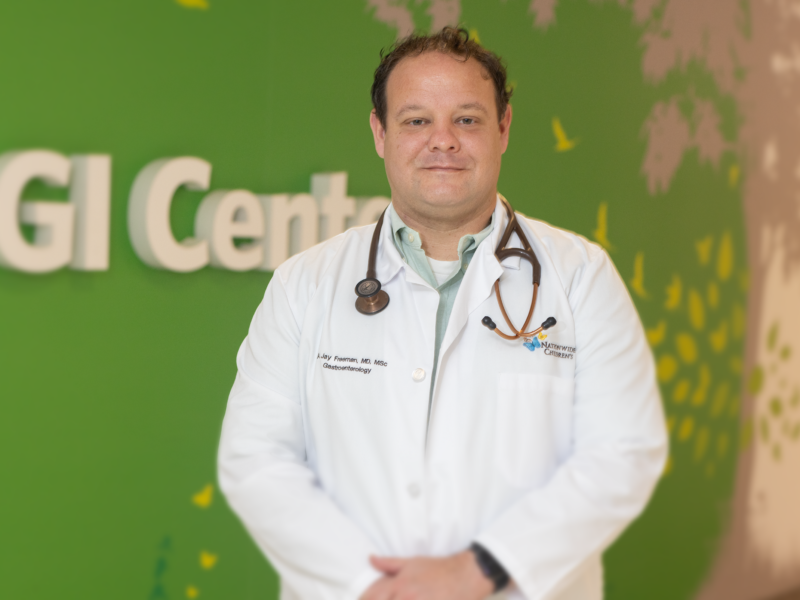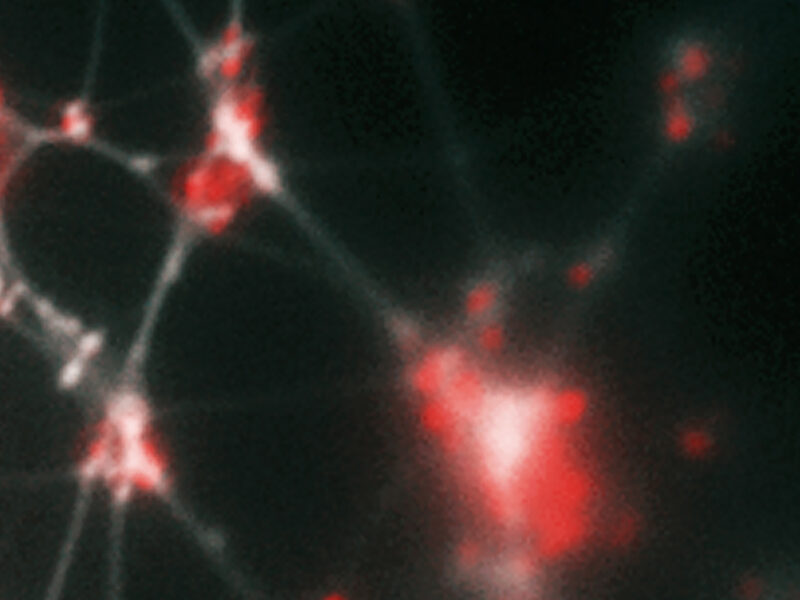More Data on Rare GI Diseases, With Less Work
More Data on Rare GI Diseases, With Less Work https://pediatricsnationwide.org/wp-content/uploads/2021/02/More-to-Telehealth_Page-28-1024x535.jpg 1024 535 Katie Brind'Amour, PhD, MS, CHES Katie Brind'Amour, PhD, MS, CHES https://pediatricsnationwide.org/wp-content/uploads/2021/03/Katie-B-portrait.gif- February 16, 2021
- Katie Brind'Amour, PhD, MS, CHES

Electronic health record systems can drive knowledge acquisition in rare gastrointestinal conditions — and other orphan diseases — without the burden of duplicative data entry.
Rare diseases often remain poorly understood and inefficiently treated due to a lack of objective knowledge on their natural history, pathophysiology or clinical outcomes in response to various therapies. Collecting data often requires double data entry or historic chart review, and meaningful sample sizes demand coordination among multiple institutions. Often, rare and complex diseases impact patients in different ways, compounding rarity with patient heterogeneity, further limiting knowledge that any single center can create.
But what if patient information routinely collected at every clinic visit could be easily accessed for summary reports and analysis? What if multiple institutions utilized the same data collection forms and could easily share their findings?
This is what Ethan Mezoff, MD, pediatric gastroenterologist at Nationwide Children’s Hospital, sought to achieve when he set out learning the process of creating diagnosis-specific electronic health record (EHR) data collection forms for his patients with intestinal failure. What he and his colleagues in gastroenterology and information technology (IT) learned about process and ideal approach to learning from every complex patient encounter has since been published in The Journal of Pediatrics.
“I had a desire to prospectively collect information we thought was important enough to write down, specific to intestinal rehabilitation, in a way that we could access it in a larger format,” Dr. Mezoff says, noting the idea first struck him as a trainee when time-consuming chart reviews were required even to answer a question about a single patient. “Then I thought, if I can do that for me, why can’t I do the same thing for another place? If we do it in the same way, we now have data we can compare.”
Dr. Mezoff reached out to the hospital’s IT experts to explore the logistics of developing, implementing and using EHR-based clinical data forms for clinical documentation at routine, ambulatory visits to both improve care and facilitate research. To better understand and contribute to the development process, he eventually obtained training to become an EPIC physician builder.
His work (done without special funding) revealed that, ideally, creation of an EHR form that can be used elsewhere should involve experts from multiple hospitals. Without shared definitions and interest, the form may reflect only part of the clinical picture or be used inconsistently, if at all, leaving researchers with confusing, incomplete or inaccurate data.
But convincing a team of physicians to collectively develop computer forms in their spare time results in slow progress; Dr. Mezoff learned it may be easier to have one physician or hospital spearhead the effort. He took the initiative to convene a few group calls to identify the most important data elements, then he honed the back-end programming details with IT experts at Nationwide Children’s to build the draft form to circulate for feedback.
“The tools are available to do this for any condition,” says Dr. Mezoff. “You don’t have to be a computer whiz to design forms, and you can keep it simple so that other hospitals will be more willing to adopt what you’ve designed. With a little help from your colleagues, it can be used at other institutions and before you know it, you can generate a lot more knowledge about any given disease.”
Routine clinic visit-based EHR forms don’t add to the effort of the physician or the cost of patient care, so Dr. Mezoff believes it removes key barriers to conducting rare disease research and opens the opportunity to do quality improvement projects or meaningful prospective research.
“I didn’t come up with this idea. I’m just applying the concept of EHR-based tools for learning health systems research to rare and complex diseases, recognizing that these diseases have their own unique ontologies and require individual data element and form design. Recent improvements in EHR form-building tools and new courses designed to teach physicians to build can allow a guy like me, with no prior training in informatics, to create this opportunity for rare conditions we see,” says Dr. Mezoff, who has now developed similar projects to improve data collection for patients with celiac disease and other pediatric gastroenterological disorders.
“I see this as a very important component of the future of rare diseases research,” he says. “Physicians, nurses, and other members of teams providing care to children with rare and complex diseases need to consider how this concept might apply to their clinical focus. With some thoughtful planning and, if needed, collaboration with local clinical informatics divisions, we can then begin to learn from every clinical encounter.”
The clinical documentation forms for intestinal failure are set to be released by this summer, at which time colleagues from multiple other institutions also plan to integrate the forms into their electronic record systems.
Reference:
Mezoff EA, Minneci PC, Hoyt RR, Hoffman JM. Toward an Electronic Health Record Leveraged to Learn from Every Complex Patient Encounter: Health Informatics Considerations with Pediatric Intestinal Rehabilitation as a Model. Journal of Pediatrics. 2019 Dec;215:257-263.
Image credit: Adobe Stock
About the author
Katherine (Katie) Brind’Amour is a freelance medical and health science writer based in Pennsylvania. She has written about nearly every therapeutic area for patients, doctors and the general public. Dr. Brind’Amour specializes in health literacy and patient education. She completed her BS and MS degrees in Biology at Arizona State University and her PhD in Health Services Management and Policy at The Ohio State University. She is a Certified Health Education Specialist and is interested in health promotion via health programs and the communication of medical information.
- Katie Brind'Amour, PhD, MS, CHEShttps://pediatricsnationwide.org/author/katie-brindamour-phd-ms-ches/April 27, 2014
- Katie Brind'Amour, PhD, MS, CHEShttps://pediatricsnationwide.org/author/katie-brindamour-phd-ms-ches/April 27, 2014
- Katie Brind'Amour, PhD, MS, CHEShttps://pediatricsnationwide.org/author/katie-brindamour-phd-ms-ches/April 27, 2014
- Katie Brind'Amour, PhD, MS, CHEShttps://pediatricsnationwide.org/author/katie-brindamour-phd-ms-ches/April 28, 2014
- Post Tags:
- Gastroenterology
- Health Technology
- Posted In:
- In Brief







